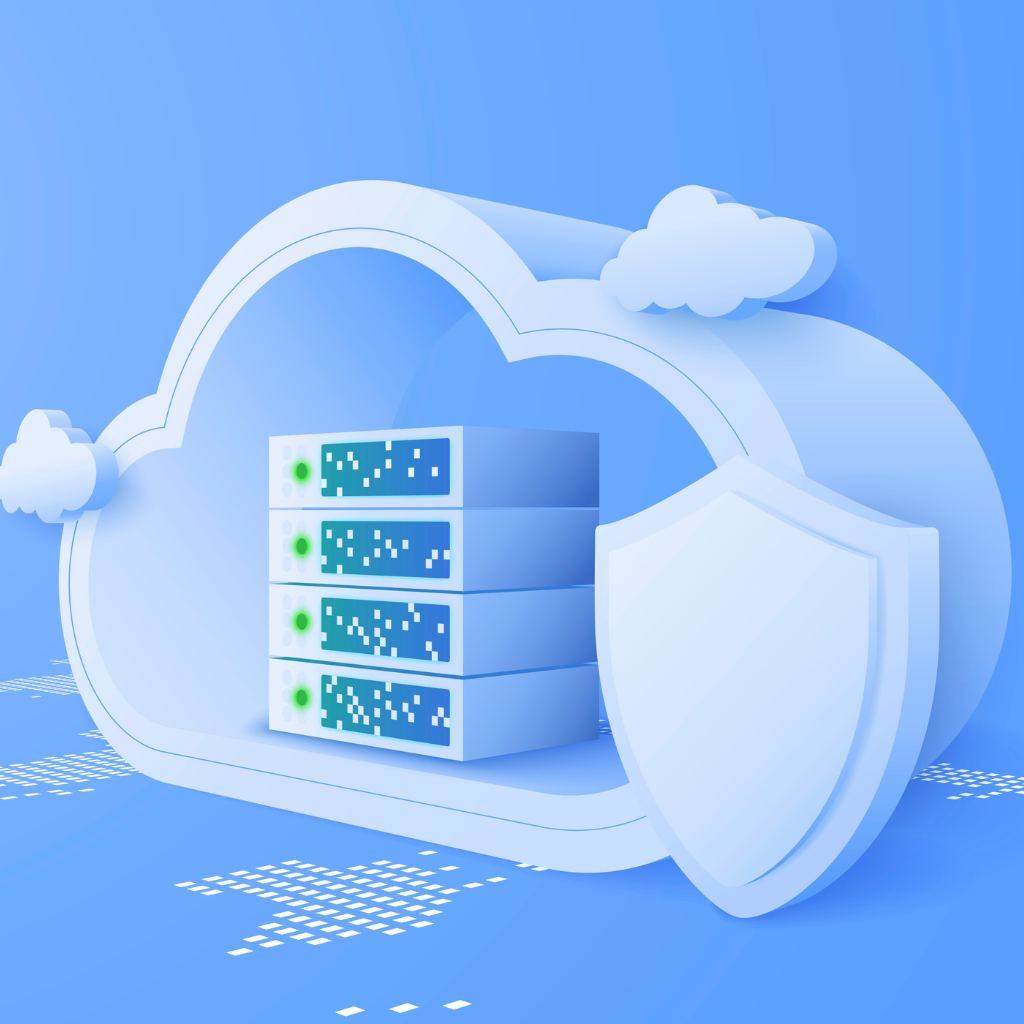Our secure cloud solution combines the scalability and efficiency of the public cloud with enhanced security typically associated with the private cloud. You’ll get a cloud that works for your business vs making your business work for the cloud.
Avoid overspending on compute and storage due to the one-size-fits-all mentality of hyperscale cloud providers and get defined products built to match your business needs.
You’ll also gain enhanced visibility through our transparent platforms, an unparalleled connectivity suite and expertise in compliance for highly regulated industries. The result? You get frictionless cloud migration and management, without the worry.


Don’t get bogged down in the complexities of cloud migration. Boost your internal team with our migration and management experts. We can do the heavy lifting on cloud implementation and free up your team to focus on top strategic objectives and other priorities.
You can rest easy knowing your systems are always on, reliable, and compliant.







Reduce the complexity of modernization. Optimize your resources and costs. Trust that your digital infrastructure is secure and compliant.